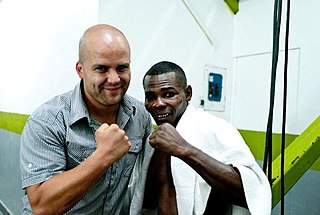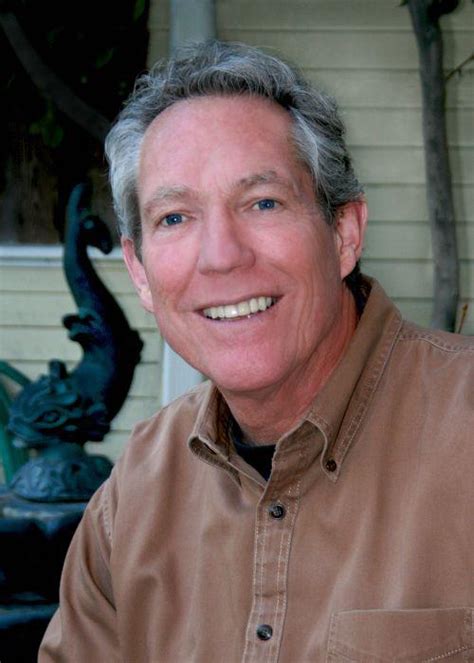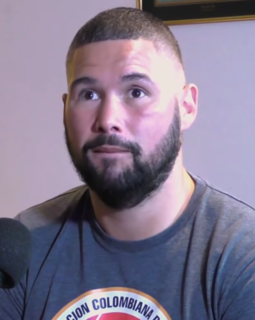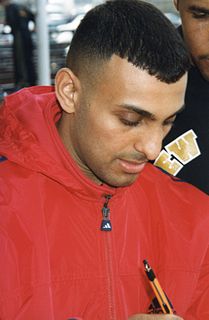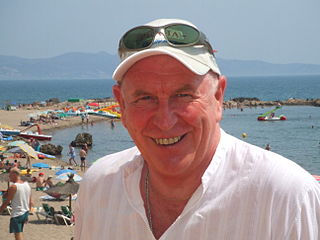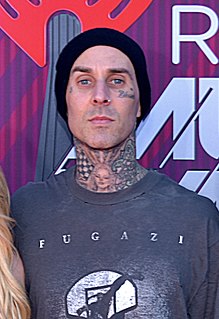A Quote by Brin-Jonathan Butler
An offer to fight Muhammad Ali came after Stevenson won his second Olympic gold in Montreal in 1976. Stevenson was at his peak. The world had never seen a heavyweight with the tools Stevenson brought into the ring.
Related Quotes
Teofilo Stevenson won his first Olympic gold medal in 1972 and his last world amateur championship in 1986. He won 302 fights and once went an unbelievable 11 years without a loss. Had Cuba not boycotted the 1984 Summer Olympics, many think Stevenson would have won an unmatched four gold medals in boxing.
Stevenson had noble ideas--as did the young Franklin for that matter. But Stevenson felt that the way to implement them was to present himself as a thoughtful idealist and wait for the world to flock to him. He considered it below him, or wrong, to scramble out among the people and ask them what they wanted. Roosevelt grappled voters to him. Stevenson shied off from them. Some thought him too pure to desire power, though he showed ambition when it mattered.
Muhammad Ali inside the ring and Muhammad Ali outside the ring were totally different men; his abrasive, magnetic daring and infectious self-love outside the ring galvanized the world and distracted many from his sniper's precision. He was a heavyweight with the fluttering gracefulness of a middleweight.
Many of the greatest Cuban boxing champions since the revolution triumphed on the island resisted the temptation to leave Cuba and, in some cases, defied any suggestion they were tempted in the first place. Most famously, Teofilo Stevenson rejected multi-million dollar offers to leave his island to fight Muhammad Ali.
Even before I could vote, I was involved in the political arena. My father was an admirer of Adlai Stevenson, and he took me to the Stevenson for President headquarters, and he volunteered me. That was my introduction to electoral politics, which was exciting and fun and thrilling and very theatrical.
I want to be remembered as the man who changed the pay scale for featherweights, who put the sparkle back in boxing after Muhammad Ali left, the man who took risks with his ring entrance, the man who, before the fight, would do a front flip into the ring without even thinking about turning an ankle, and then knocking his man out. I mean out.
